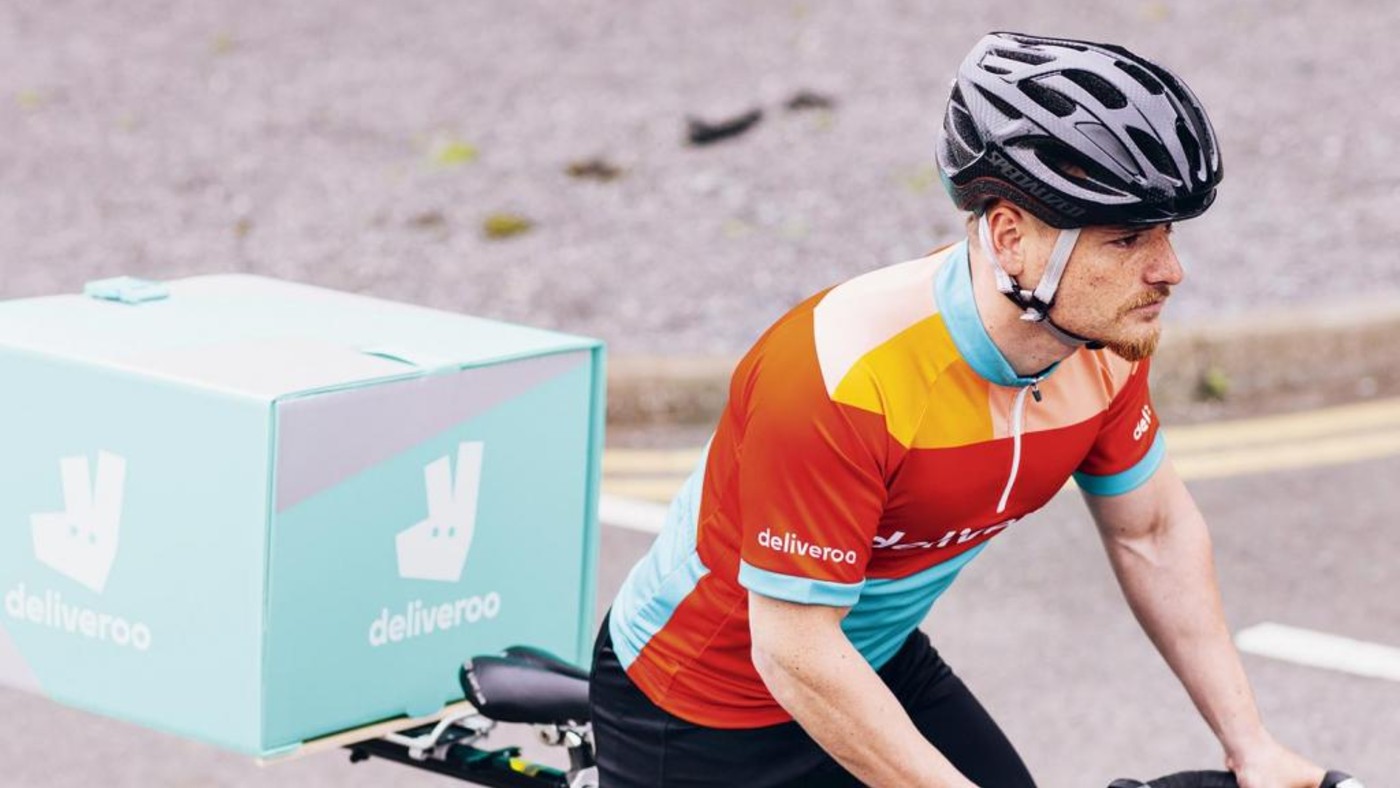The Deliveroo revolution
Online food delivery platforms such as Deliveroo and Uber Eats have changed the way millions eat. But at what cost?

A free daily email with the biggest news stories of the day – and the best features from TheWeek.com
You are now subscribed
Your newsletter sign-up was successful
A dark kitchen – sometimes called a ghost or virtual kitchen – is a separate unit, set up entirely to prepare meals for delivery. These units, where teams of chefs prepare hundreds of portions of food a night, are found on industrial estates and in warehouses across Britain’s big cities. The biggest site is on the Park Royal industrial estate, known as “London’s kitchen”, which claims to manufacture a third of the city’s prepared meals. Dark kitchens allow restaurants to increase their output while paying a fraction of the rental prices charged on the high street. They also enable new “virtual” restaurants to set up shop without incurring anything like the usual costs.
Deliveroo has its own dark kitchen business, Deliveroo Editions, with 16 “hubs” where units are leased to well-known food brands such as Dishoom and Shake Shack. The likes of McDonald’s and Wagamama have their own in areas where they don’t have restaurants. Dark kitchens are very efficient, but controversial: the units have been described as sheds or windowless metal boxes, where chefs are “cooped up like battery hens”. And it is arguably misleading to consumers who buy from a particular brand, blithely assuming that the food comes from the restaurant.
A free daily email with the biggest news stories of the day – and the best features from TheWeek.com
The Week
Escape your echo chamber. Get the facts behind the news, plus analysis from multiple perspectives.

Sign up for The Week's Free Newsletters
From our morning news briefing to a weekly Good News Newsletter, get the best of The Week delivered directly to your inbox.
From our morning news briefing to a weekly Good News Newsletter, get the best of The Week delivered directly to your inbox.